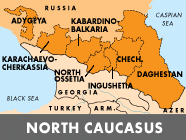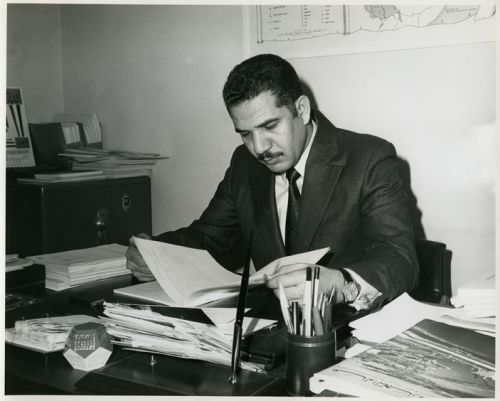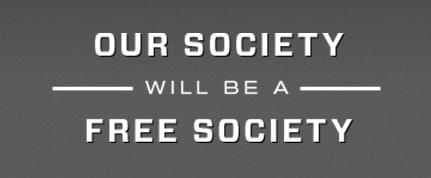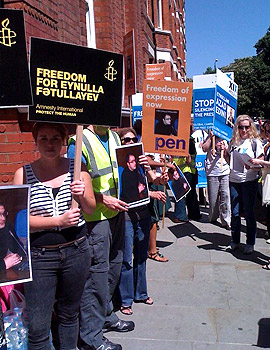 Article 19 responded to cases of abuse of human rights defenders, democracy activists and journalists. Article 19 also promoted the right to information around the world, marking the Right to Know Day 2010.
Article 19 responded to cases of abuse of human rights defenders, democracy activists and journalists. Article 19 also promoted the right to information around the world, marking the Right to Know Day 2010.
Article 19
Article 19 offices and staff were participating in events in eight countries including Bangladesh, Kenya and Mexico to celebrate Right to Know Day 2010. According to Article 19, several countries have adopted new laws and others have adopted amendments to improve laws and constitutions. Over 90 countries representing nearly five billion people have now adopted laws or national regulations on right to information.
Article 19 traditionally paid much attention to art, which, according to the organisation, in any form, constitutes a key medium through which information and ideas are imparted and received. Artist Alert, launched by Article 19 in 2008, highlights cases of artists around the world whose right to freedom of expression has been curtailed and abused, and seeks to more effectively promote and defend freedom to create.
On February 16, Article 19 together with leading Russian NGOs organized the conference, which explored ways to sustain media and NGO activities, and promote freedom of expression in this troubled region. More than sixty media, civil society and human rights representatives from the North Caucasus gathered in Moscow to discuss joint actions for improving the state of freedom of expression in the North Caucasus.
sustain media and NGO activities, and promote freedom of expression in this troubled region. More than sixty media, civil society and human rights representatives from the North Caucasus gathered in Moscow to discuss joint actions for improving the state of freedom of expression in the North Caucasus.
On 29 April 2010 Article 19 released a report in which the freedom of expression in Russia’s Northern Caucasus was analyzed.
On 13 August, Article 19 submitted a report to the UN Human Rights Council, in which the organisation outlined concerns around the upcoming elections, and other gross violations of the right to freedom of expression in Burma.
Article 19 and the Cairo Institute for Human Rights Studies (CIHRS) urged UN Member States in November to vote against the draft resolution proposed at the session of the UN General Assembly on “combating religious hatred and vilification of religions”. According to the NGOs, the content and implications of a new draft resolution are even more far reaching than earlier resolutions on combating ‘defamation of religions’.
English PEN
English PEN wat ched closely the abuses against writers and journalists around the world.
ched closely the abuses against writers and journalists around the world.
In January, a group of more than 200 award-winning writers sent an open letter to British Foreign Secretary David Miliband, demanding that he seeks information on the Libyan democracy activist Jaballa Matar, left, who was abducted in 1990, and imprisoned without charge.
‘Jaballa Matar is fortunate to have a son as dedicated, and as highly respected in the West, as Hisham. Most of Libya’s political prisoners, including writers and journalists, are truly isolated from the world. I hope that the support for this campaign shows Libya that in order to improve their standing in the outside world they will also have to improve their relationship with their own people,’ – said Jonathan Heawood, right, Director of English PEN.
English PEN also protested the one-year prison sentence handed down to Peruvian “Nor Oriente” editor Alejandro Carrascal Carrasco, below, on 12 January 2010 for alleged “aggravated defamation” of a local official.
The International PEN Writers in Prison Committee (WiPC) presented this year a caselist summarising all recorded attacks against writers, journalists and publishers in the period July to December 2009.
this year a caselist summarising all recorded attacks against writers, journalists and publishers in the period July to December 2009.
Index on Censorship
The main event in Index on Censorship’s activity this year was the announcement of its Freedom of Expression Awards. This award honours those who, often at great personal risk, have given voice to issues and stories from around the globe that would otherwise have passed unnoticed. This year journalists and organizations from all over the world were honoured.
The organization has also joined many initiatives, petitions and letters of concern.
Hot topics, hot regions
All three London based NGOs paid much attention this year to events in Iran and Azerbaijan. They were seriously concerned over the repressions against “free minders” struggling to change political climates and perceptions.
Iran
Index on Censorship and PEN joined a coalition of leading international journalists´, writers´, and publishers´ organizations who launched a campaign to press the government of Iran to release their colleagues imprisoned in the wake of last year´s disputed pres idential election in the Islamic Republic of Iran.
idential election in the Islamic Republic of Iran.
The organizations also called on Tehran officials to open the door to the United Nations’ special rapporteurs on human rights – including its expert on freedom of expression Frank la Rue for an international investigation into post-election abuses of human rights in Iran.
Many human rights NGOs, including Article 19 and Index on Censorship joined forces for “a sense of shared, urgent concern for the welfare of journalists, writers and bloggers and a profound alarm over the situation for free expression in Iran” and launched the “Our Society Will Be A Free Society” campaign.
English PEN protested the detention without charge of leading Iranian journalist and human rights activist Emadeddin Baghi.
Azerbaijan
Ten international human rights and freedom of expression organizations launched a three-day freedom of expression mission to Azerbaijan on 7 September, during which  international NGOs highlighted their serious concerns regarding the freedom of expression situation in the country and published the report titled “Free Expression under Attack: Azerbaijan’s Deteriorating Media Environment”.
international NGOs highlighted their serious concerns regarding the freedom of expression situation in the country and published the report titled “Free Expression under Attack: Azerbaijan’s Deteriorating Media Environment”.
In October, eleven international freedom of expression organizations, including Article 19 and Index on Censorship, submitted an open letter to Azerbaijani President Ilham Aliyev calling for the immediate and unconditional release of imprisoned Editor-in-chief Eynulla Fatullayev.
London NGOs were also concerned and put much effort into helping the two imprisoned Azeri bloggers Emin Milli and Adnan Hajizade, released this year shortly after the parliamentary elections in the country, criticized for lack of freedom of expression during the period surrounding the day of elections.





